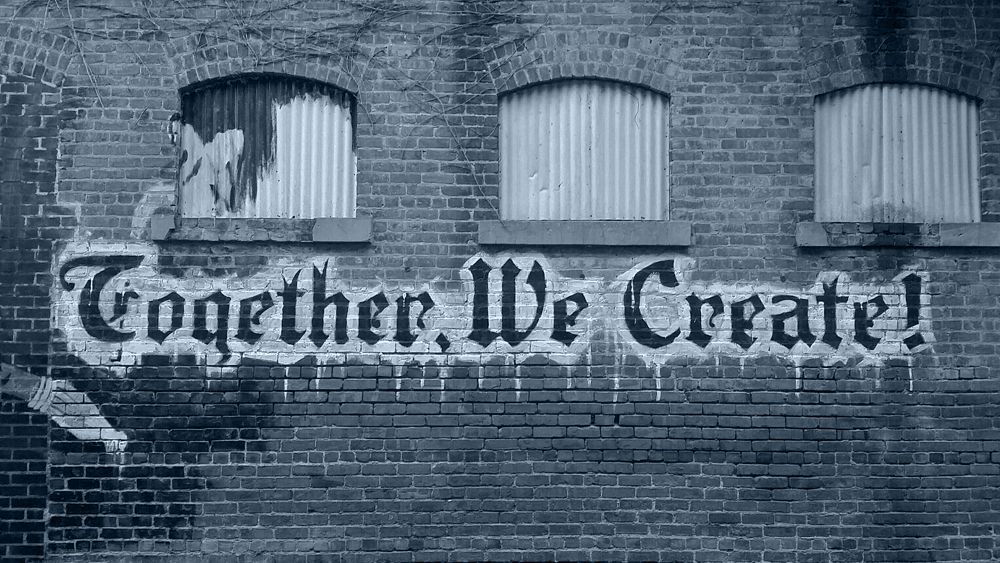Google, the company that keeps track of everything people search for on the Internet, doesn’t want you to know how they search for information. At least, that’s what is happening in the ongoing Apple v. Samsung, saga, where Google—a non-party in the case—has been ordered to reveal the search terms it has used to find…
read moreNextpoint began as a nimble trial support company, so we love powerful graphics that make your case. We’ve been talking for years about why it’s important that our services are cloud-based, Software-as-a-Service applications, but it’s not easy to explain succinctly. We started a trend. As more eDiscovery software companies jump on our cloud eDiscovery bandwagon, it’s hard to separate…
read moreWe’ve been saying this for years, but not everyone was ready to listen — social media is now an essential part of litigation. In case you still have some doubts, the courts have now made it abundantly clear that a failure to preserve Facebook and other social media content is a sanctionable offense. It will…
read moreIf companies have one complaint about eDiscovery, it’s that they are forced to preserve too much data for litigation. In 2011, Microsoft estimated that the ratio of the data it preserves to the data it actually uses in litigation is 340,000 to one. That’s why defining the duty to preserve documents in litigation is a…
read moreSince Nextpoint introduced Trial Cloud in 2007 and Discovery Cloud in 2009, one of the main questions we get from law firms regarding our cloud-based litigation software is about security. We’ve pointed out as often as possible that cloud applications like ours offer inherent security advantages over traditional, locally installed litigation software. That’s because cloud providers like Amazon, Microsoft,…
read moreNextpoint is proud to once again be part of the ABA Techshow, the best industry event for small and mid-sized law firms to get with the cutting edge of litigation technology. I was a little surprised to find out that the Techshow is now more than 25 years old. Seen at Techshow Even at this…
read moreIt’s official—failure to produce social media evidence in eDiscovery is a serious and punishable sin. In the ongoing case EEOC v. The Original Honeybaked Ham Co. of Georgia, Inc., the court has hammered a federal agency for failure to produce social media in a timely manner. Or as the opinion has it, for engaging in…
read more<h4 “>Can you find affordable eDiscovery? The American Bar Association published a couple of useful guides on affordable eDiscovery recently, one by Bruce Olson and another by Tom O’Connor, both well-known litigation and eDiscovery experts. The general thrust of these articles is that lawyers can and should take advantage of the reasonably priced or free software tools…
read moreThe mountains of digital evidence seen in modern litigation make it easy for legal teams to become overwhelmed. Unfortunately, courts have shown no patience for lawyers who lose track of their eDiscovery projects. In an extreme case of lawyerly ignorance, Branhaven, LLC v. Beeftek, Inc., 2013 U.S. Dist., (D. Md. Jan. 4, 2013), Maryland Magistrate Judge…
read moreOn Wednesday, March 6, Nextpoint hosted the live webinar, “Understanding the eDiscovery Amendments to the Florida Rules of Civil Procedure.” If you missed the event, a recording is available here. Florida attorney and eDiscovery guru Jason Molder presented the session along with Nextpoint CEO Rakesh Madhava, describing all of the ways the newly codified Florida…
read more



